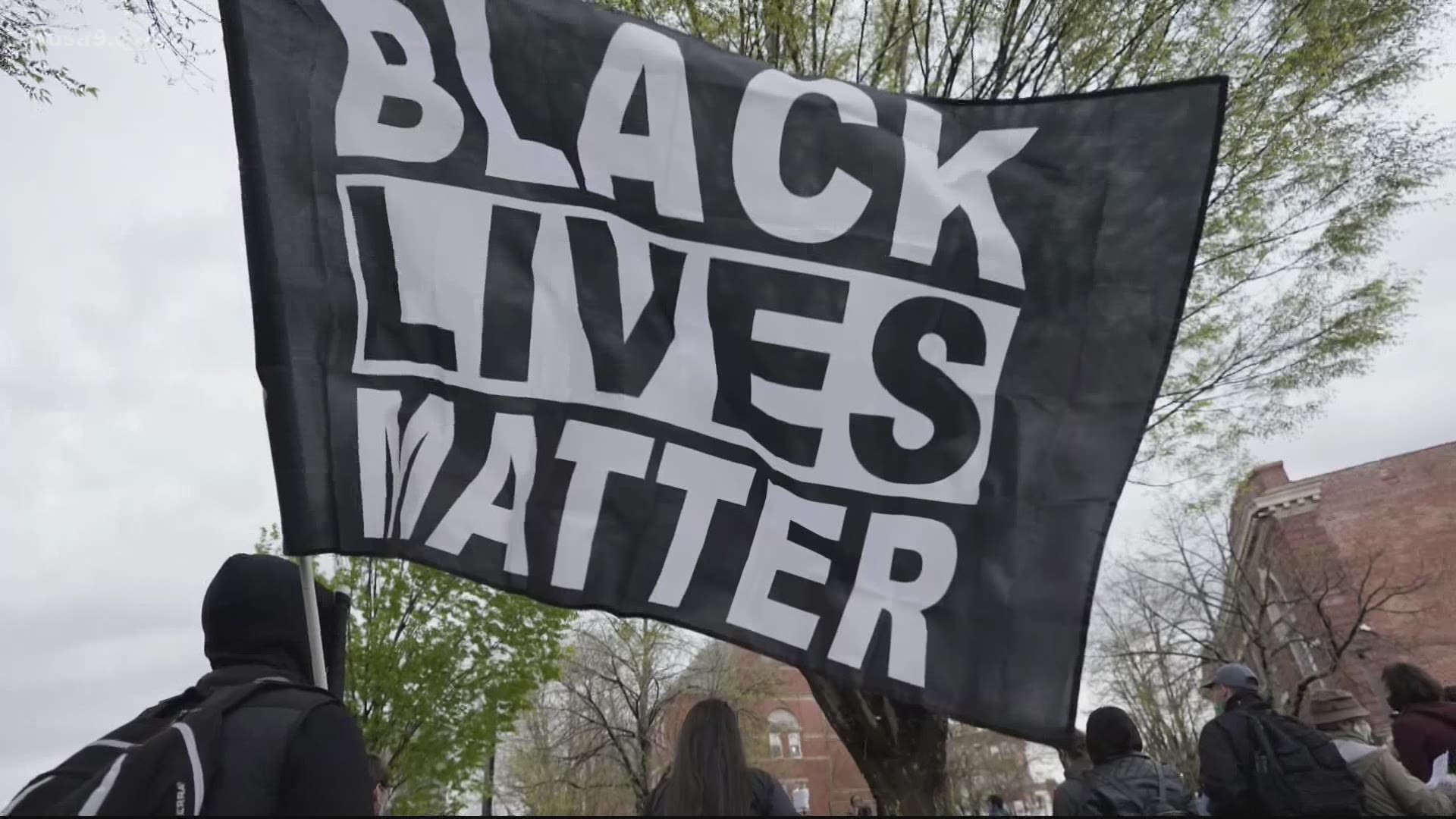WASHINGTON — In a clarion call from a Minneapolis courthouse to the U.S. Capitol, George Floyd’s family urged activists to continue the urgent work of reforming police practices nationwide, including a full-court press in the Senate to pass landmark legislation bearing Mr. Floyd’s name.
The George Floyd Justice in Policing Act cleared the House of Representatives on a party line vote last month. Yet the bill now faces its greatest challenge yet: finding 10 Republican supporters in the upper chamber, assuming all Senate Democrats vote in favor.
“I think in this moment, following the guilty verdict of Derek Chauvin, compromise in Congress is possible,” said Dr. Ravi K. Perry, political science chair at Howard University. “Which is a miracle to be able to say.”
Hopes of bipartisan negotiations came into greater focus Wednesday, as Sen. Tim Scott (R-SC) began to shape the contours of what could bridge a yawning gap between Republican and Democratic lawmakers.
Democratic supporters of the bill seek to severely weaken the entrenched legal doctrine of qualified immunity, protections shielding police officers from civil lawsuits. For the G.O.P., subjecting individual officers to lawsuits is a non-starter.
Yet Scott floated the idea of individuals gaining an easier ability to sue police departments, instead of specific officers, for civil damages. The bill would also ban chokeholds, limit the use of no-knock warrants, and ban racial and religious profiling.
In an interview with the New York Times, Rep. Karen Bass (D-CA) said she expects leaders from the House and Senate to appoint a bipartisan negotiating committee in the coming weeks.
“The reality here is that folks are realizing systemic issues occurring across the country are certainly disproportionately impacting African-Americans, African-American men and young people,” Perry said. “But it's certainly an issue that affects everybody, a fact neither party will be able to avoid.”

